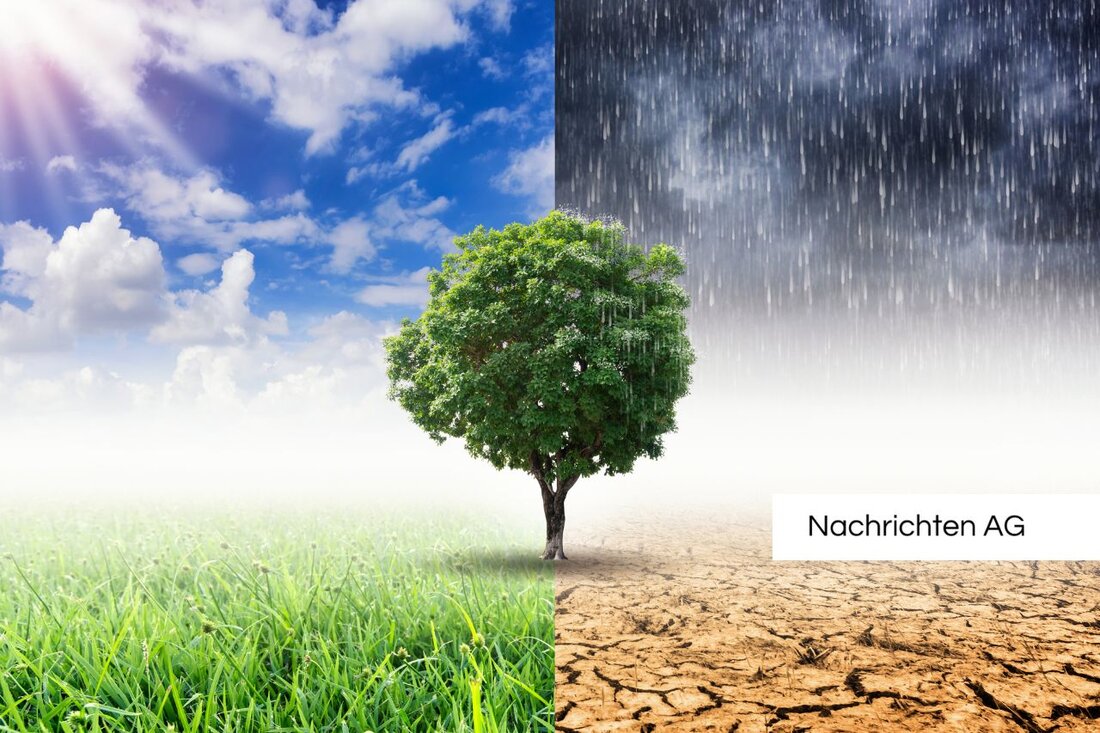Climate researchers under pressure: How climate change is affecting the psyche!
Postdoctoral researcher Anna Lena Bercht from the University of Kiel addresses the psychological stress of climate researchers in the specialist magazine “Nature Climate Change”.

Climate researchers under pressure: How climate change is affecting the psyche!
The psychological stress that climate scientists experience due to the effects of climate change is an urgent issue that is increasingly coming into public awareness. uni-kiel.de reports that many researchers are frustrated between their scientific findings and the often inadequate political action. This discrepancy can lead to feelings of powerlessness and despair, especially if one's research does not result in immediate political action.
Postdoctoral researcher Anna Lena Bercht from the Christian Albrechts University in Kiel focuses on the psychological consequences for researchers in her commentary in the specialist magazine “Nature Climate Change”. She reports on the emotional challenges faced by scientists who are experiencing the direct impact of the climate crisis on their field of work. Feelings such as fear, sadness and worry are common, but many are reluctant to express them openly. Bercht criticizes the fact that many of her colleagues are left alone to deal with these burdens, which can lead to them withdrawing from climate research.
Emotional resilience and support
To support the emotional resilience of climate scientists, Bercht suggests taking structural measures. These could include stronger networking, workshops, peer mentoring programs and peer supervision. Curricula and further training courses would also be helpful in promoting skills in dealing with emotional stress. Bercht has herself experienced emotional challenges in her research, for example with the Lofoten fishermen in Norway, who are threatened by climate change. Her colleague Verena Sandner Le Gall studies the indigenous Guna community in Panama, which is forced to leave their homeland by constant flooding.
The burdens caused by climate change not only affect scientists, but also the general public. According to that Federal Environment Ministry Climate change also triggers fear, helplessness and worries among the population. Terms like “eco-anxiety” and “eco-grief” describe these emotional reactions, which can occur as both appropriate responses to the climate crisis and excessive emotional responses. Strong emotional reactions include avoidance behavior, action paralysis and sleep disorders.
Mental health in the context of environmental change
The Federal Environment Agency notes that climate change not only has direct psychological consequences, often resulting from natural disasters or extreme weather events, but that long-term changes such as prolonged droughts can also cause psychological stress. The research aims to identify risk groups that are particularly badly affected.
While rising temperatures and extreme natural events such as Hurricane Katrina in 2005 can lead to an increase in PTSD symptoms and anxiety, the phenomenon of “solastalgia” describes the sense of loss and emotional distress caused by changes in familiar living space. The Federal Environment Ministry also emphasizes that individual and political action against climate change is necessary to minimize negative psychological effects.

 Suche
Suche
 Mein Konto
Mein Konto